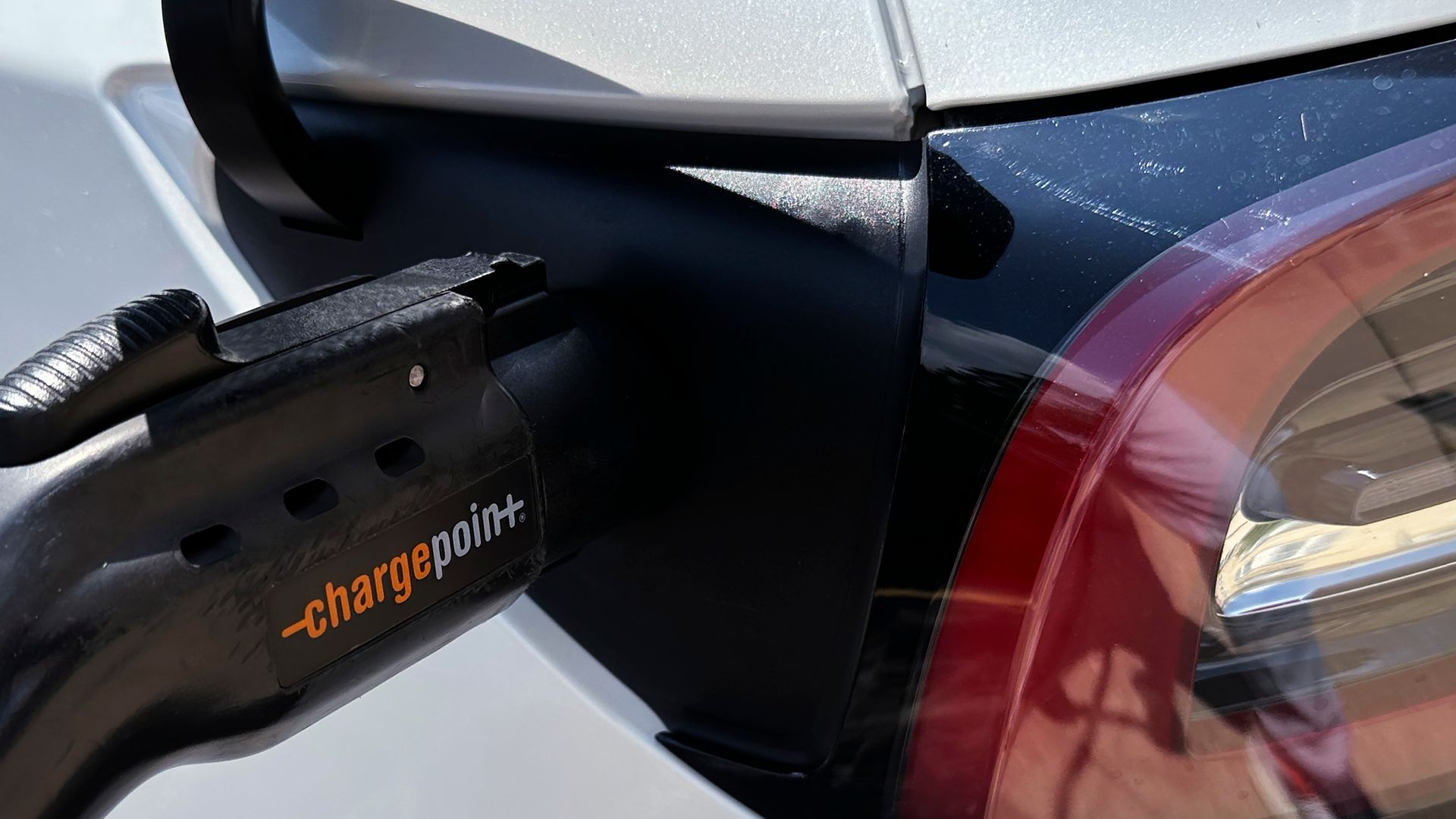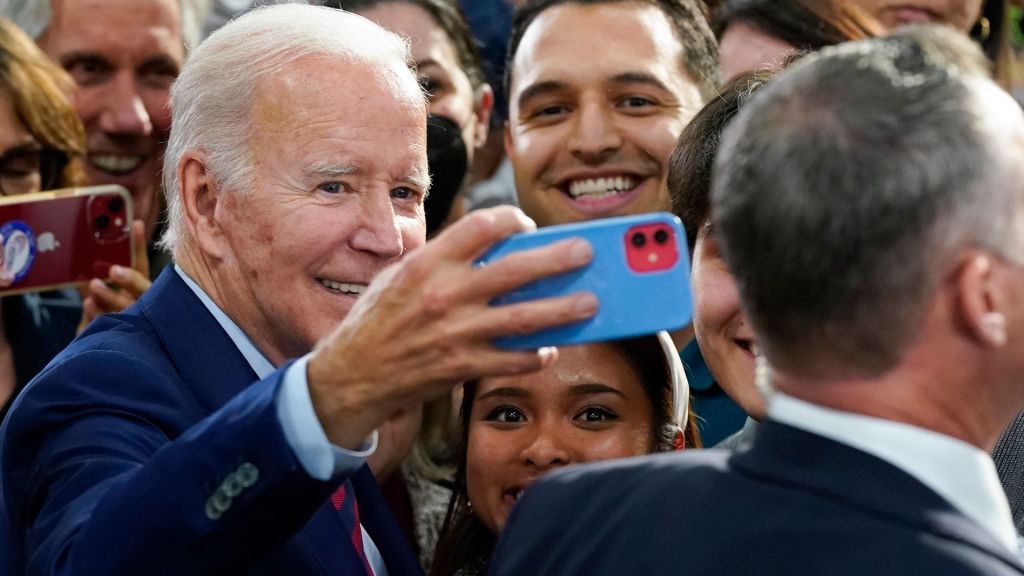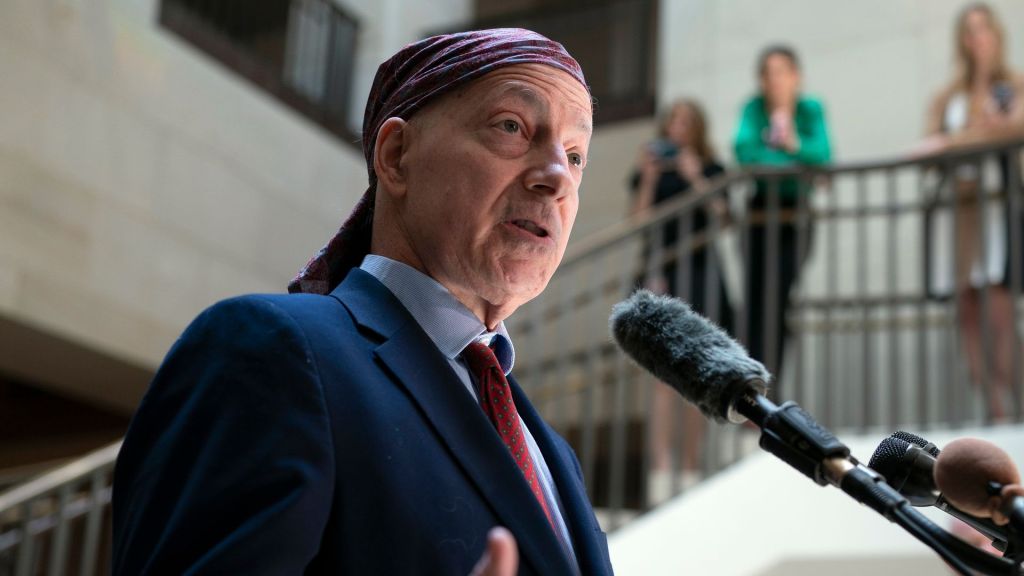
HIGH COSTS ARE A MAJOR REASON WHY MANY AMERICANS SAY THEY WON’T BUY AN ELECTRIC VEHICLE.
IT’S A PROBLEM THE BIDEN ADMINISTRATION HAS TRIED TO SOLVE.
THE INFLATION REDUCTION ACT INTRODUCED FEDERAL TAX CREDITS TO ENCOURAGING MORE AMERICANS TO BUY EVS-
BUT, IT’S BECOME APPARENT THAT U.S. CONSUMERS DON’T HAVE MONTHS TO WAIT TO FEEL THOSE REDUCED COSTS.
SO NOW THE WHITE HOUSE IS ANNOUNCING NEW CHANGES TO THIS PROCESS. ALLOWING EV BUYERS TO BENEFIT FROM THE SAVINGS THESE TAX CREDITS OFFER IMMEDIATELY RATHER THAN WAIT FOR THEIR TAX RETURNS.
STARTING IN 2024, CONSUMERS WILL BE ABLE TO TAKE UP TO SEVEN-AND-A-HALF THOUSAND DOLLARS OFF THE STICKER PRICE OF A NEW EV AND FOUR-THOUSAND DOLLARS OFF A USED ONE WHILE THEY’RE STILL AT THE DEALERSHIP.
OFFICIALS WITHIN THE U.S. TREASURY DEPARTMENT HAVE SAID THE MOVE WILL NOT ONLY HELP BUYERS IN REDUCING THE UP-FRONT COST OF AN EV, BUT ALSO AID CAR DEALERSHIPS IN EXPANDING THEIR BUSINESS BY SELLING MORE EVS.
THE BIDEN ADMINISTRATION HAS ALREADY BEGUN REACHING OUT TO CAR DEALERS WITH DETAILS ON HOW TO REGISTER WITH A NEW FEDERAL GOVERNMENT WEBSITE THAT WILL ALLOW THEM TO BE REIMBURSED FOR THESE TAX CREDITS WITHIN 72 HOURS OF SELLING THE CAR.
THE SWITCH TO MORE IMMEDIATE SAVINGS WILL BE WELCOME NEWS FOR A NUMBER OF AMERICANS, AFTER RESEARCHERS AT GEORGE WASHINGTON UNIVERSITY FOUND THAT THE VAST MAJORITY US CAR BUYERS THEY SURVEYED PREFERRED GETTING MONEY BACK UP FRONT, RATHER THAN HAVING TO WAIT TO FILE THEIR TAXES.







